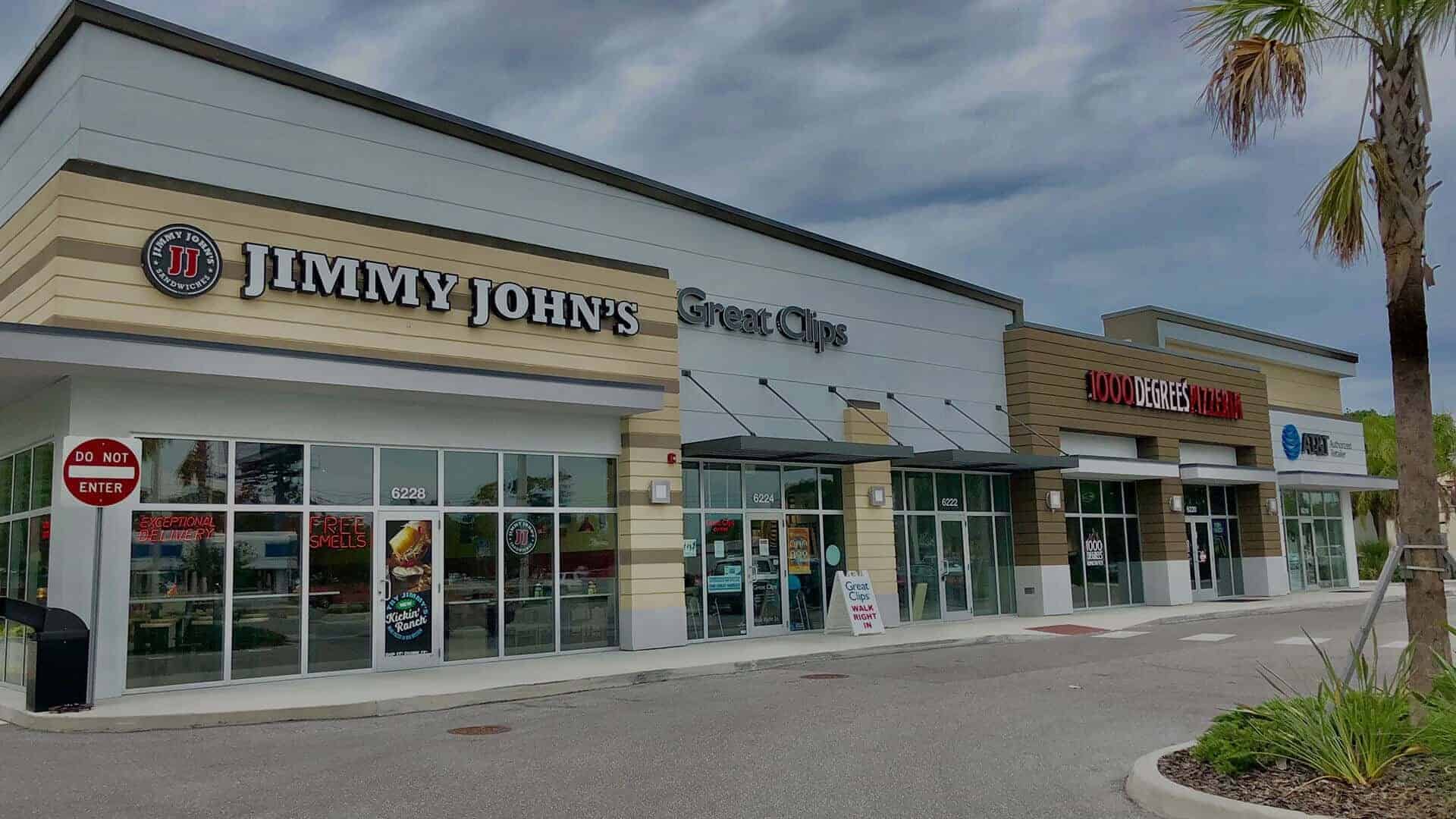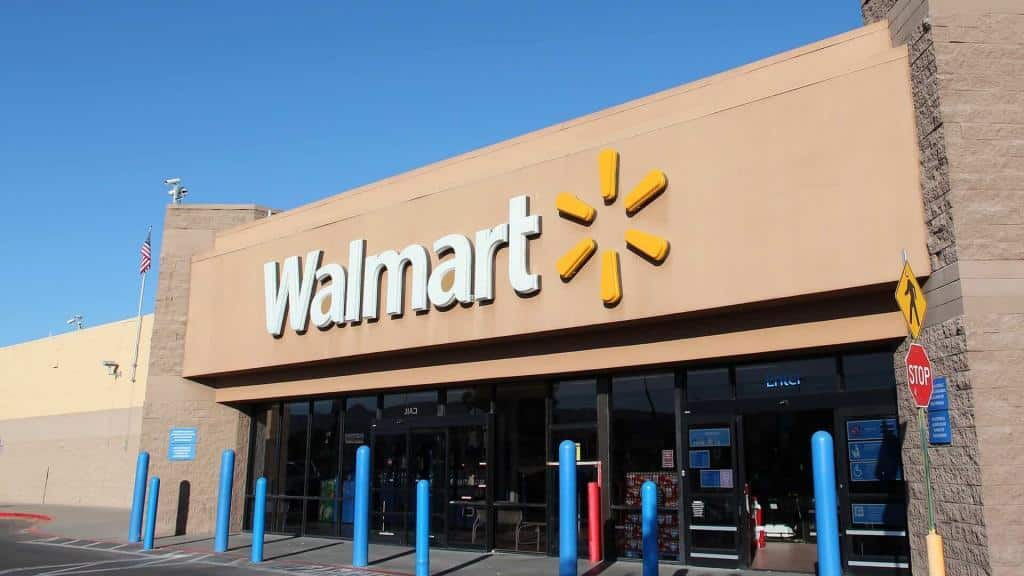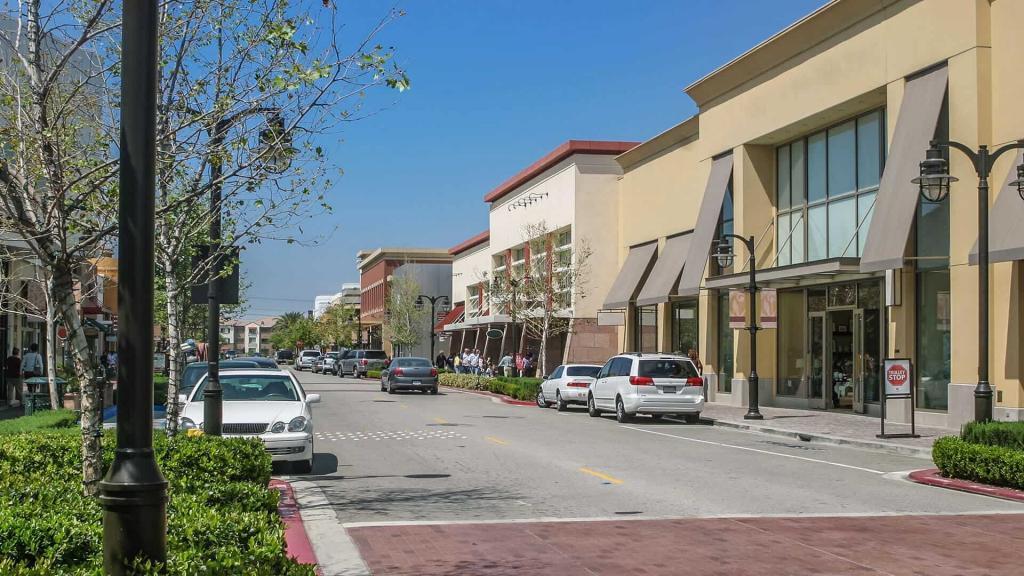The current discussion around Artificial Intelligence (AI) reflects a growing interest across various industries, with a notable emphasis on its inclusion in corporate earnings discussions. While many sectors are undergoing rapid transformation due to advancements in AI, the restaurant industry is lagging behind. This disparity can be attributed to two main factors: financial constraints and lack of specialized expertise. Unlike tech companies that can absorb significant losses in pursuit of long-term gains, the restaurant industry often cannot afford to invest in unproven, cutting-edge technologies without immediate returns. Therefore, restaurants tend to rely on secondary innovations that arise from more advanced sectors, limiting their ability to harness AI’s full potential.
The second hurdle for restaurants in implementing AI lies in the need for industry-specific knowledge in technology development. The analogy of a plumber inventing a specialized tool emphasizes the importance of hands-on experience in creating effective solutions. In the restaurant sector, experienced operators and workers should ideally be the ones designing AI models; however, the lack of resources and time often prevents them from acquiring the necessary technological skills. The failure of the restaurant industry to embrace AI, not only highlights broader challenges of technological integration but also emphasizes the need for specialized knowledge to drive meaningful innovation into operational practices.
To read more, click the link below.
The Delay of AI Adoption in the Restaurant Industry – QSR Magazine







About The Author: Jeff Dervech
Jeff Dervech is a Tampa local commercial real estate agent, specializing in the arena of retail strip center and shopping centers.
More posts by Jeff Dervech